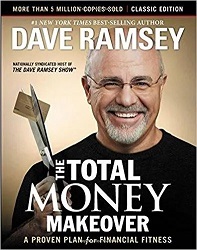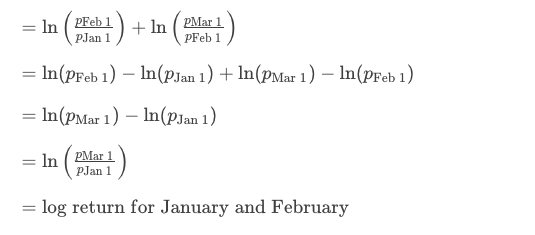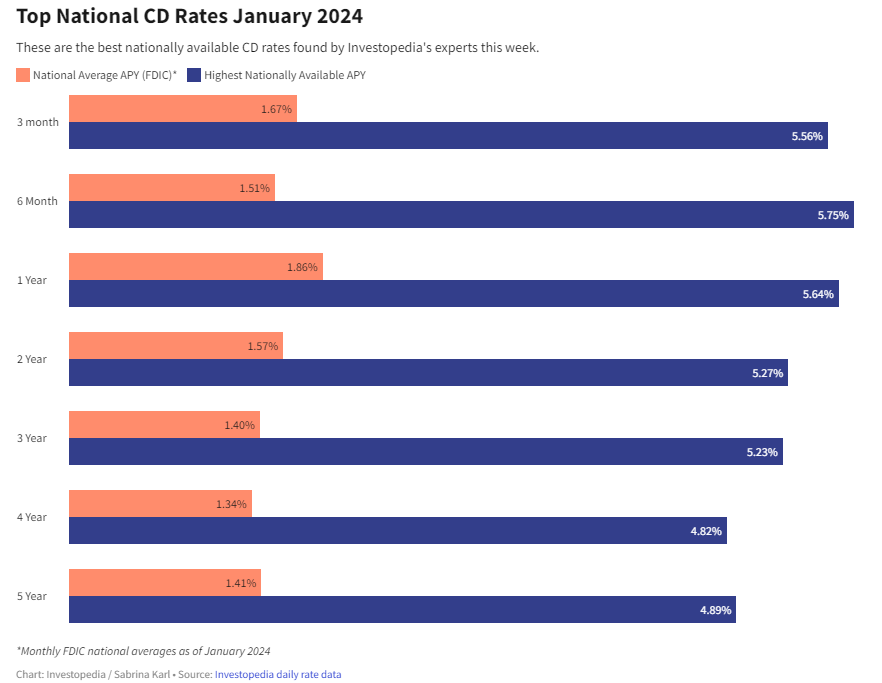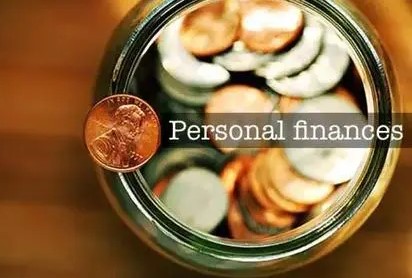Want More Control of Your Banking Data? There’s a New Plan For That
The Consumer Financial Protection Bureau (CFPB) has introduced a rule aimed at advancing open banking by giving consumers more control over their financial data and providing safeguards against companies misusing this data.
The proposal, dubbed the Personal Financial Data Rights rule, would promote competition among financial institutions by prohibiting them from "hoarding" a person’s data and requiring them to share it with other companies at the customer's request, the CFPB said. The rule would also forbid companies receiving the data from misusing or wrongfully monetizing the sensitive personal data.
The move comes as the federal government has been cracking down on financial institutions over lending practices, junk fees and more. In July, for example, the CFPB and the Office of the Comptroller fined Bank of America $250 million for illegally charging junk fees, withholding credit card rewards and opening fake accounts. Last week, the CFPB and the Federal Trade Commission slapped a $23 million fine on credit reporting agency Trans Union over illegal rental background checks and placing security locks and freezes on consumer credit reports.
The CFPB's newly proposed rule would allow people to share data about their use of checking and prepaid accounts, credit cards and digital wallets, which would allow them to use competing banking products and services "without worrying that their data might be collected, used or retained to serve commercial interests over their own," the agency said.
That would make it much easier to switch financial institutions if you are unhappy with the service because you won't lose your transaction history, CFPB Director Rohit Chopra said in a statement.
You also wouldn't need to start over with a new provider that has less history with you and so would be less likely to offer you better deals, Chopra said. This would allow the new provider "to consider your full history when offering you a loan, instead of relying on a summary from the credit reporting conglomerates," he added.
Under the proposal:
- No Junk Fees: Banks and other providers must make personal financial data available to consumers or their agents for free and through secure digital interfaces.
- Legal Right to Share Data: People would have the legal right to grant third parties access to information associated with their credit card, checking, prepaid and digital wallet accounts.
- Walk Away from Bad Service: People would be enabled to walk away from bad services and products because providers would not be able to trap consumers by holding their data.
“The Personal Financial Data Rights rule would help address many of the root causes of sticky banking — by giving people more power to walk away from bad service and enabling small community banks and nascent competitors to peel away customers through better products and services with more favorable rates,” Chopra said.
Personal finance book recommendations
Personal Finance Book RecommendationsAs a professional financial advisor, I am often asked for recommendations on books that can help individuals gain a better understanding of personal finance. It is no secret that managing money effectively is a crucial skill that can greatly impact one'
How is the interest on bank deposits calculated?
Interest is the amount of money that a bank pays you for keeping your money in a deposit account, such as a savings account, a fixed deposit, or a certificate of deposit. Interest is also the amount of money that you pay to a bank for borrowing money from them, such as a loan or a credit card.
How to Double Your Money with the Best CD Rates for January 2024
If you are looking for a safe and reliable way to grow your savings, you might want to consider opening a certificate of deposit (CD) account. A CD is a type of deposit account that offers a fixed interest rate for a specified term, usually ranging from a few months to several years. Unlike a regula
How to buy the right personal financial products
Personal financial products are tools that help you manage your money, save for the future, and achieve your financial goals. They include things like bank accounts, credit cards, loans, insurance, investments, and retirement plans. However, not all personal financial products are create








